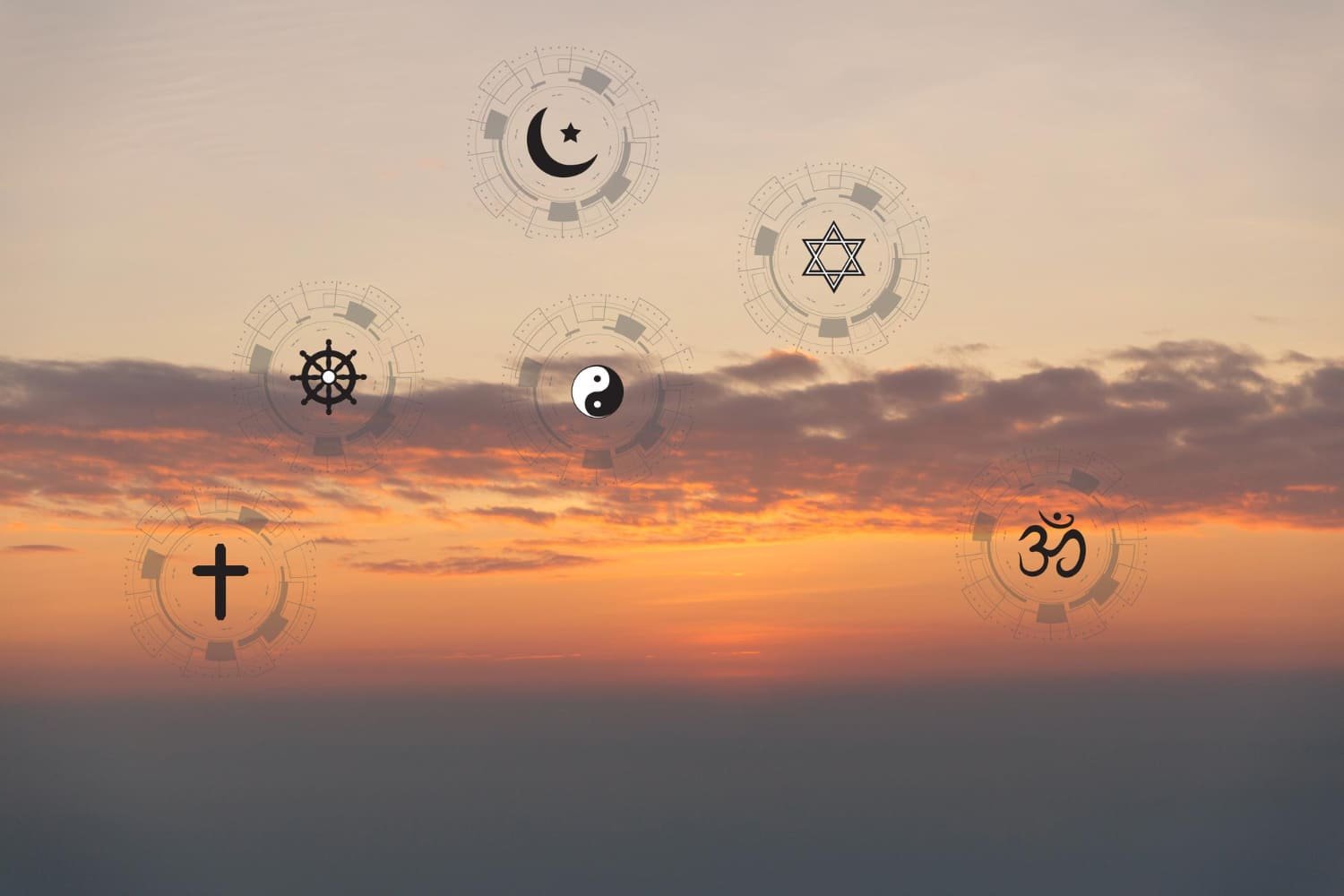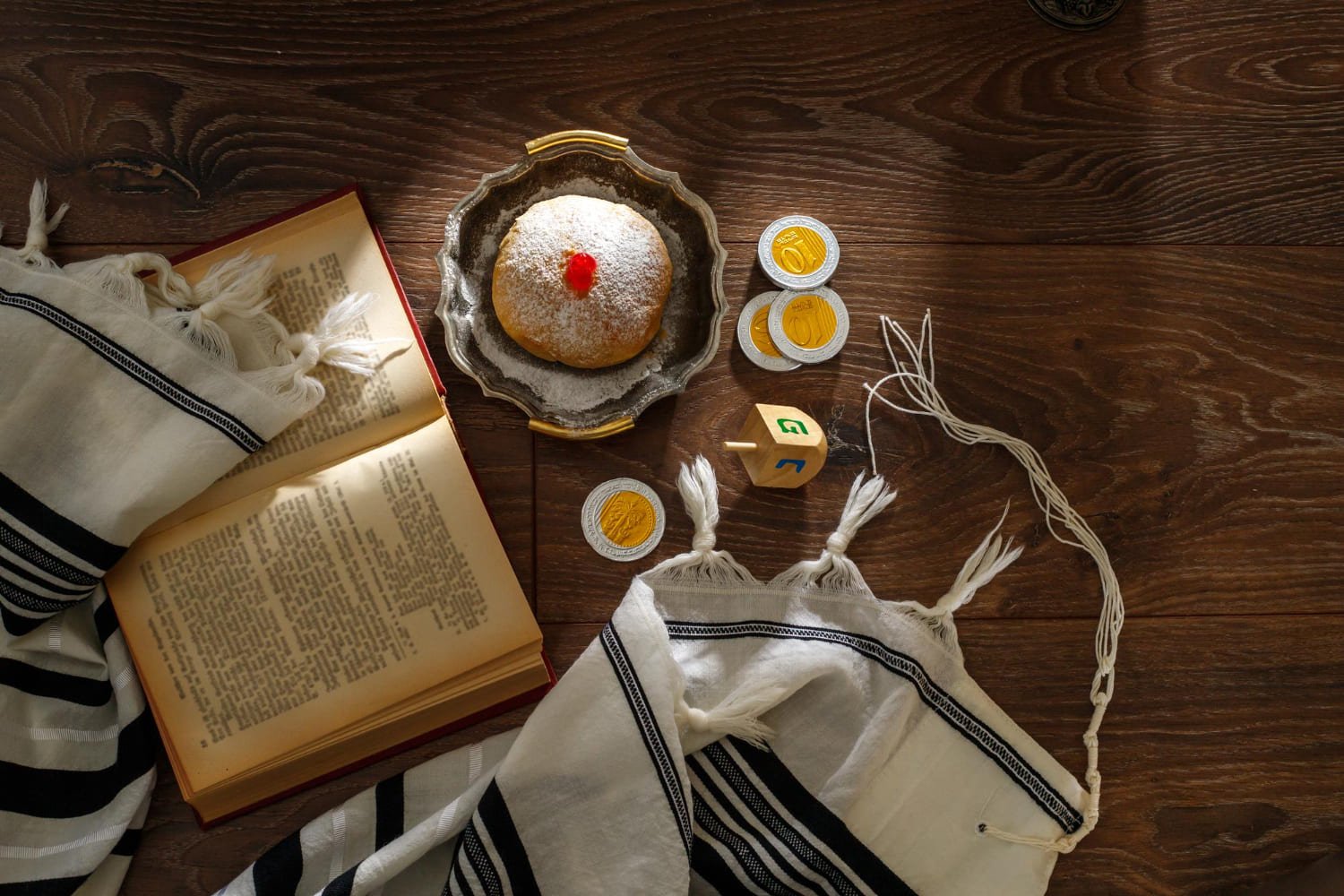Catholicism and Buddhism are two of the most well-known religions in the world, and they have many similarities and differences. Both religions have a long history and rich traditions that have influenced the lives of millions of people.
However, there are significant differences between the two religions that make them unique.
One of the main differences between Catholicism and Buddhism is their beliefs about God. Catholicism believes in one God who is the creator of the universe and has a personal relationship with his followers.
In contrast, Buddhism does not believe in a supreme being or creator but focuses on the teachings of Buddha and the attainment of enlightenment.
Another difference between the two religions is their approach to life and the afterlife. Catholicism believes in an afterlife where the soul is judged and either rewarded or punished based on their actions in life.
In contrast, Buddhism believes in reincarnation, where the soul is reborn into a new body after death based on their karma.
These differences and others will be explored in this article to help readers better understand the differences between Catholicism and Buddhism.
Beliefs and Practices of Catholicism
Catholicism is a Christian religion that has its roots in the teachings of Jesus Christ. It is the largest Christian denomination in the world, and its followers are known as Catholics. Catholics believe in one God who is the creator of the universe and everything in it.
They also believe in the Holy Trinity, which is the belief that God exists in three persons: the Father, the Son, and the Holy Spirit.
One of the central beliefs of Catholicism is that Jesus Christ died on the cross to save humanity from sin. Catholics believe that through faith in Jesus Christ, they can achieve salvation and eternal life in heaven.
Catholics also believe in the Virgin Mary, who is considered the mother of Jesus Christ. Mary is venerated in Catholicism and is believed to have a special role in interceding with God on behalf of humanity.
In terms of practices, Catholicism places great emphasis on the sacraments. These are religious rituals that are believed to be channels of God’s grace. The seven sacraments of Catholicism are baptism, confirmation, the Eucharist, penance, anointing of the sick, holy orders, and marriage.
Catholics also practice regular confession, where they confess their sins to a priest, who then absolves them of their sins.
The Catholic Church is also known for its elaborate liturgy and religious ceremonies. The Mass, which is the central act of worship in Catholicism, is a highly structured ceremony that includes prayers, hymns, and the Eucharist.
Catholics also celebrate various religious holidays and feast days throughout the year, including Christmas, Easter, and All Saints’ Day.
Overall, Catholicism is a complex religion with a rich history and tradition. Its beliefs and practices are deeply rooted in the teachings of Jesus Christ and the early Christian Church.
While some of its practices may seem unfamiliar to outsiders, they are an integral part of the Catholic faith and are cherished by its followers.
Beliefs and Practices of Buddhism
Buddhism is a nontheistic religion or philosophy that originated in India over 2,500 years ago. The religion is based on the teachings of Siddhartha Gautama, who is also known as the Buddha.
The core beliefs of Buddhism revolve around the Four Noble Truths, which are:
- There is suffering in the world, both of the mental and the physical variety.
- Suffering is the result of inordinate attachment to things and people.
- The cessation of suffering is possible through the elimination of inordinate attachment.
- The way to eliminate inordinate attachment and achieve the cessation of suffering is through following the Eightfold Path.
The Eightfold Path is a set of guidelines for ethical and mental development, and includes right understanding, right intention, right speech, right action, right livelihood, right effort, right mindfulness, and right concentration.
Buddhists also believe in the concept of reincarnation, where after death, the soul is reborn into another body. This cycle of birth and rebirth is called samsara. The ultimate goal of Buddhism is to achieve enlightenment, which is the state of being free from suffering and the cycle of rebirth.
As for practices, meditation is a central part of Buddhist practice. It is a tool for developing mindfulness and concentration, which are necessary for achieving enlightenment. Buddhists also engage in chanting, prayer, and other rituals, although these practices vary depending on the tradition and culture.
Comparison of Catholicism and Buddhism
Catholicism and Buddhism are two major religions that have significant differences and similarities.
Here are some of the key differences and similarities between Catholicism and Buddhism:
- Belief in God: One of the major differences between Catholicism and Buddhism is the belief in God. Catholicism believes in an omnipresent, omnipotent God, the Almighty Father, while Buddhism does not believe in God as a creator or ruler of the universe.
- Concept of the soul: Catholicism teaches that each person has a soul that is immortal and will be judged by God after death. Buddhism, on the other hand, teaches that the concept of the self is an illusion and that there is no permanent, unchanging soul.
- Salvation: In Catholicism, salvation is achieved through faith in Jesus Christ and good works. In Buddhism, salvation is achieved through the Eightfold Path and the Four Noble Truths, which involve meditation, ethical conduct, and wisdom.
- Prayer and meditation: Both Catholicism and Buddhism encourage prayer and meditation. However, the focus and purpose of these practices are different. In Catholicism, prayer is a way to communicate with God and seek his guidance and help. In Buddhism, meditation is a way to achieve enlightenment and gain insight into the nature of reality.
- Religious texts: Catholicism has the Bible as its primary religious text, while Buddhism has the Tripitaka or Pali Canon.
- Worship: In Catholicism, worship involves attending Mass, receiving the sacraments, and participating in other religious rituals. In Buddhism, worship involves paying respect to the Buddha and other enlightened beings, and practicing meditation and mindfulness.
Despite their differences, Catholicism and Buddhism share some similarities. Both religions emphasize the importance of compassion, love, and kindness towards others. Both also acknowledge the existence of suffering and the need for spiritual growth and development.
Overall, Catholicism and Buddhism are two distinct religions with their own unique beliefs and practices. Each religion has its own strengths and weaknesses, and it is up to the individual to decide which one is better suited for their spiritual needs.
Which One Is Better?
It’s difficult to say which religion is better as it ultimately depends on personal beliefs and values. Both Catholicism and Buddhism offer unique perspectives on life and spirituality, and both have their own strengths and weaknesses.
One advantage of Catholicism is its strong emphasis on community and social justice. The Catholic Church has a long history of advocating for the poor and marginalized, and many Catholics are actively involved in charitable work and social activism.
Additionally, the Catholic sacraments, such as the Eucharist and Reconciliation, offer a tangible connection to God and provide comfort and guidance for many Catholics.
On the other hand, Buddhism offers a unique approach to dealing with suffering and finding inner peace. The Four Noble Truths and Eightfold Path provide a practical framework for living a fulfilling life, and the emphasis on meditation and mindfulness can be beneficial for mental health and well-being.
Additionally, the concept of non-attachment can help individuals let go of negative emotions and cultivate a sense of inner peace.
Ultimately, the decision of which religion is better is a personal one and depends on individual beliefs, values, and experiences.
Some may find comfort in the structure and community of Catholicism, while others may appreciate the introspective and self-directed nature of Buddhism. It’s important to approach these religions with an open mind and a willingness to learn and grow.








can you send the prayer leaflet for this prayer for unity 2025 My comment is this, if there is a God all must go through Him to the last end. That end is THE END for all. From this side we may think this way or that way, but TRUTH will win. Then there will not be this philosophy or that philosophy but ETERNAL PEACE. This is the end for humanity.